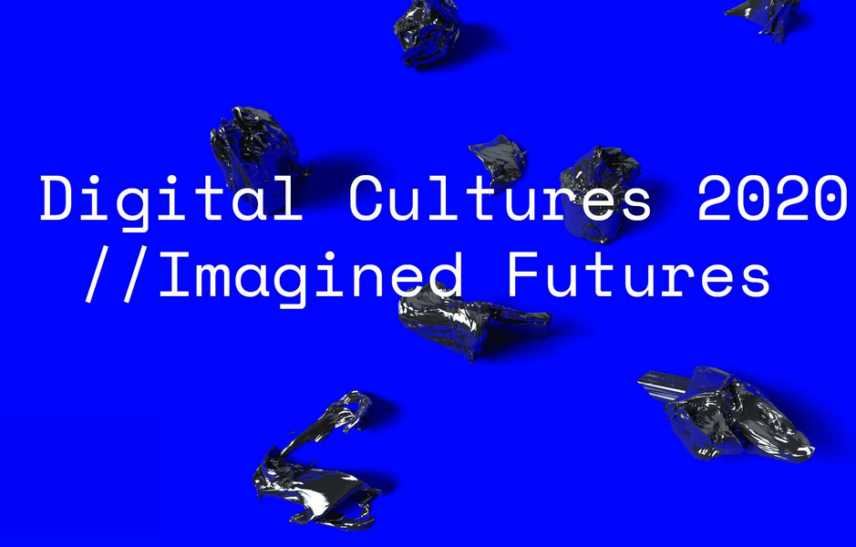We recommend three online meetings organized by the Adam Mickiewicz Institute during the partner festival Digital Cultures.
The workshops are conducted in English through the Zoom platform.
Participation is free, registration is required.
Click the title to be redirected to the registration details page.
Imagined Futures Manifesto
Manifestos are the vanguards of the revolution. They are a declaration of breaking away from the automaticity of everyday life and letting go of the previous routine. They point to what we haven’t noticed in our life and what may become the main component of our future. Looking at past manifestos, we can find collective moods and hopes which, once recognised by the rest of the society, served as a unified transfer of power with the ability to start a revolution and change the course of history. A manifesto also serves as a form of demand conveying specific expectations towards the recipient, presenting a new vision, and confronting us with a different way of thinking. It uncovers the processes occurring, as it were, beneath the surface of social reality. As such, manifestos can often be compared to artistic activities typical of critical art, which reveals the truths not seen by the society, recognises new phenomena, and teaches a different perspective on reality.
Do the manifestos still have the power to stir us from our lethargy?
To change the way we think?
To open up space for new ideas?
During the three meetings with festivalgoers and invited guests, we’ll reflect on the current power of manifestos and try to create new scenarios for the future based on the demands of digital culture. Our meetings will focus on three groups of topics constantly found in digital manifestos: feminism, ecology, and social activities regarding data sharing and disclosure. Is change still possible? Let’s try to imagine the possible futures. Join us!
Manifesto will be published following the Digital Cultures Festival.
Post-Noviki Studio is a continuation of Noviki design studio. Its creators are interested in alternative frameworks for activities pertaining to design, curation and exhibition practice in a post-artistic world. Their workspace is where post-conceptualism and technology-based tools collide. Post-Noviki stand out for its founders’ willingness to interact with disciplines outside the official art market. The artists employ digital tools to create prints, videos and virtual paintings, participate in panel discussions, hold lectures, curate exhibitions and lead workshops.
Their projects have been published in titles such as Idea Mag, IDPure, Slanted, Introducing Culture Identities, Pretty Ugly (Gestalten), and It’s Nice That. They have served as external consultants at the Hague’s Royal Academy of Art and at the Academy of Fine Arts in Warsaw. They held lectures and workshops at art schools and universities across Europe and Asia, including Jan van Eyck Academy in Maastricht, the Museum of Contemporary Art in Tehran (workshops) and Karlsruhe, Dortmund and Frankfurt (lectures).
www.noviki.net


 online
online